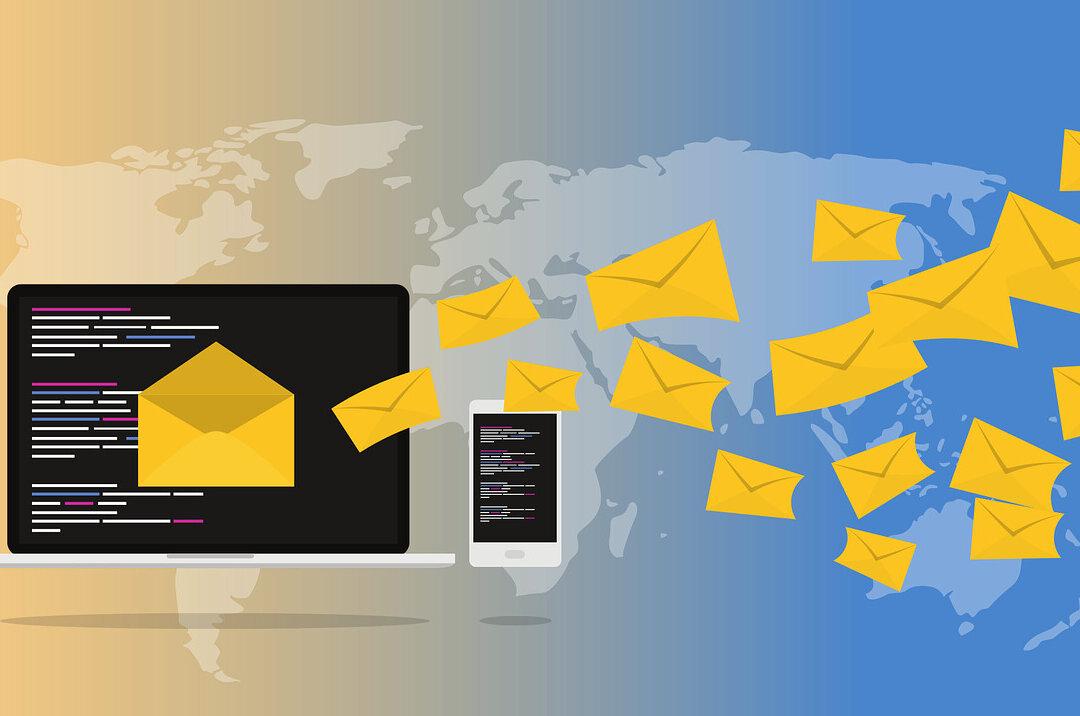According to Gregory Zackowicz from Omnisend, all major email providers witnessed a 95 percent or greater year-over-year spike in the number of emails in 2020. The statistic isn’t alarming, considering everyone was glued to their screens almost the whole year. With that momentum, we enter 2021 and try to add strategic soundness and refinement to our outcomes from the last year.
So email marketers and content marketers, hop on as we list key trends and tips (warnings) from some of the best in the game all across the world. It will surely help you to create a high converting email.




